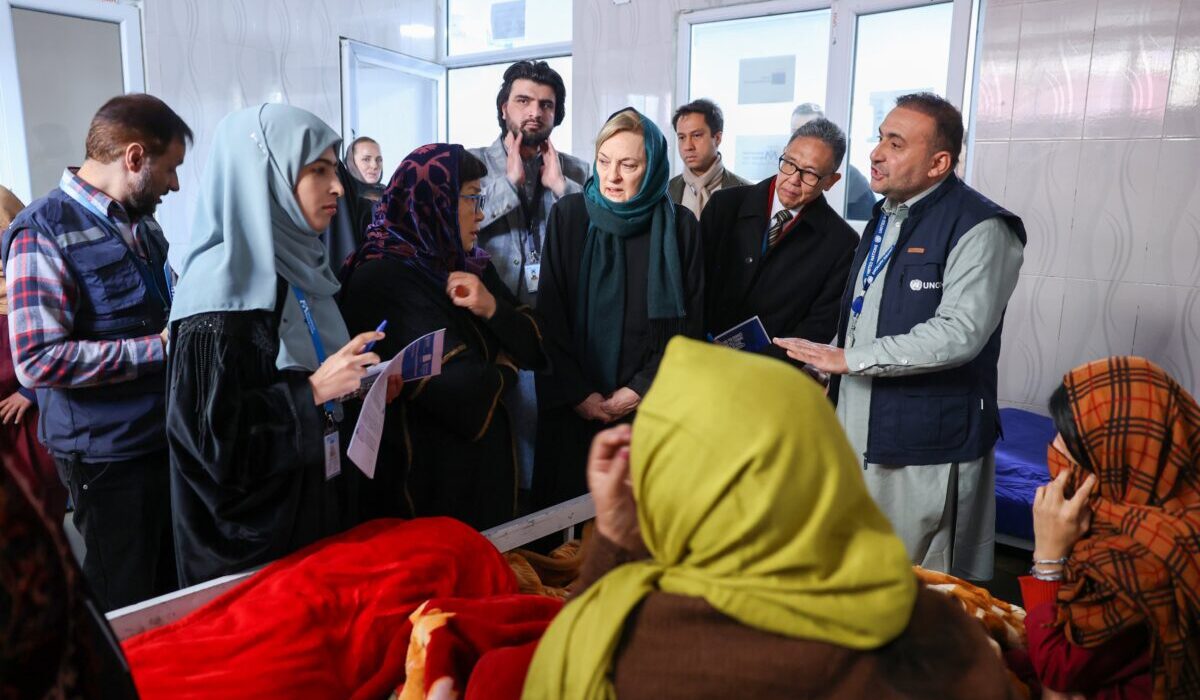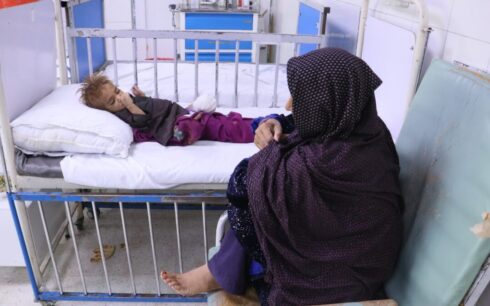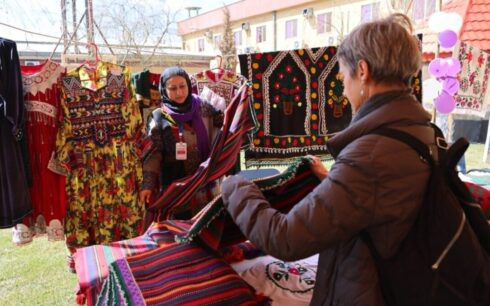The decades of conflict and instability in Afghanistan have left one in three households grappling with drug use, the United Nations reported, underscoring the toll of widespread mental health challenges such as anxiety, depression, and post-traumatic stress disorder (PTSD).
The World Health Organization (WHO), in collaboration with the United Nations Office on Drugs and Crime (UNODC), has launched extensive outreach, recovery, and treatment programs aimed at reintegrating individuals with drug use disorders into their families and communities.
Roza Otunbayeva, the U.N. Special Representative for Afghanistan, recently visited the Women and Children Drug Treatment and Rehabilitation Center in Kabul. Accompanied by Lisa M. Buttenheim, Assistant Secretary-General for Support Operations, and representatives from WHO and UNODC, Ms. Otunbayeva observed the life-changing services provided at the facility, which is funded by the European Union (EU).
“This center is a testament to the power of hope and international solidarity,” Ms. Otunbayeva said. “The collaboration between WHO, UNODC, the EU, and implementing partners like the International Medical Corps and the Youth Health and Development Organization gives these women and children the opportunity to heal and reclaim their futures.”
According to the U.N., the facility admitted 640 women and children in 2024, discharged 602 after treatment, and conducted follow-ups with over 900 individuals. The center provides specialized care to women and children impacted by substance abuse, offering them a path to recovery and reintegration.
The visit by senior U.N. officials emphasized the importance of international partnerships in addressing Afghanistan’s addiction crisis. Ms. Otunbayeva toured the facility, engaging with patients and staff to witness the program’s transformative impact. In the women’s ward, she spoke with patients undergoing rehabilitation, praising their courage and determination.
WHO highlighted that over the past two years, its initiatives have reached more than 170,000 people. In addition to direct treatment, 774 individuals participated in training programs, and over 87,000 awareness materials were distributed to educate the public about the dangers of substance abuse.





